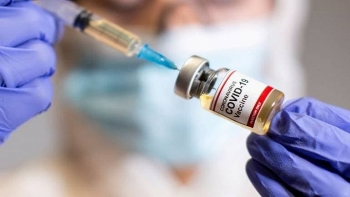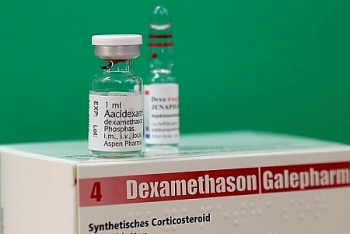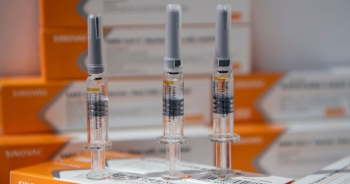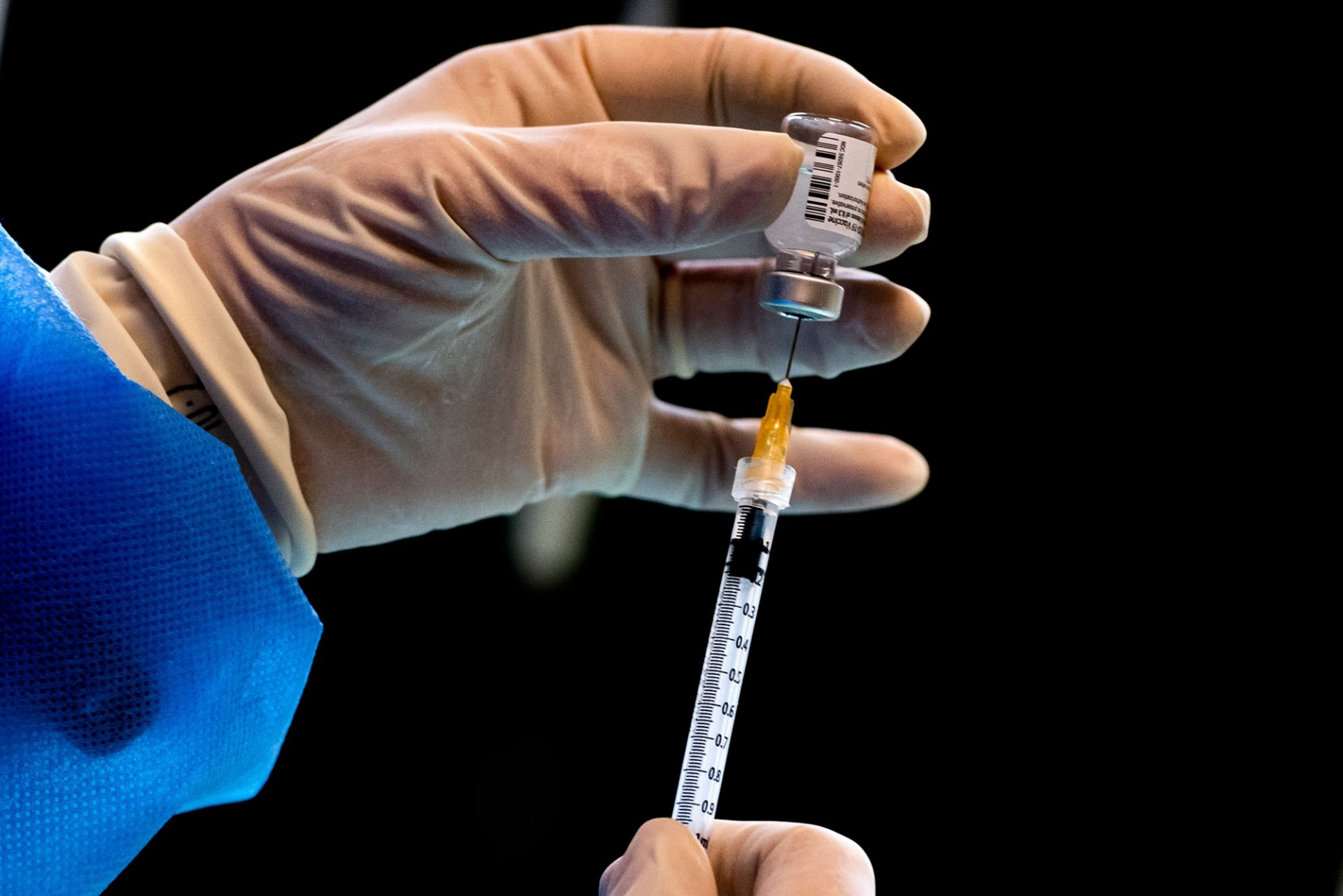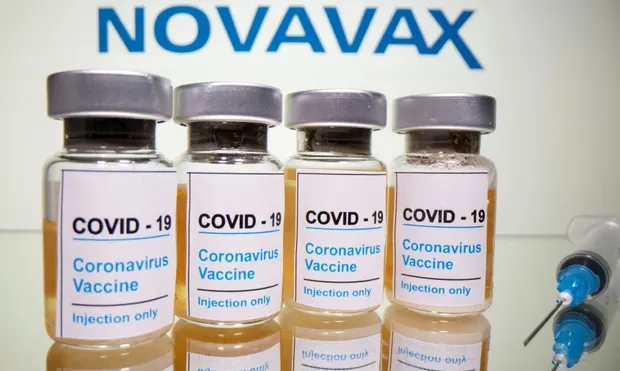Facts about Chinese COVID-19 Vaccine?
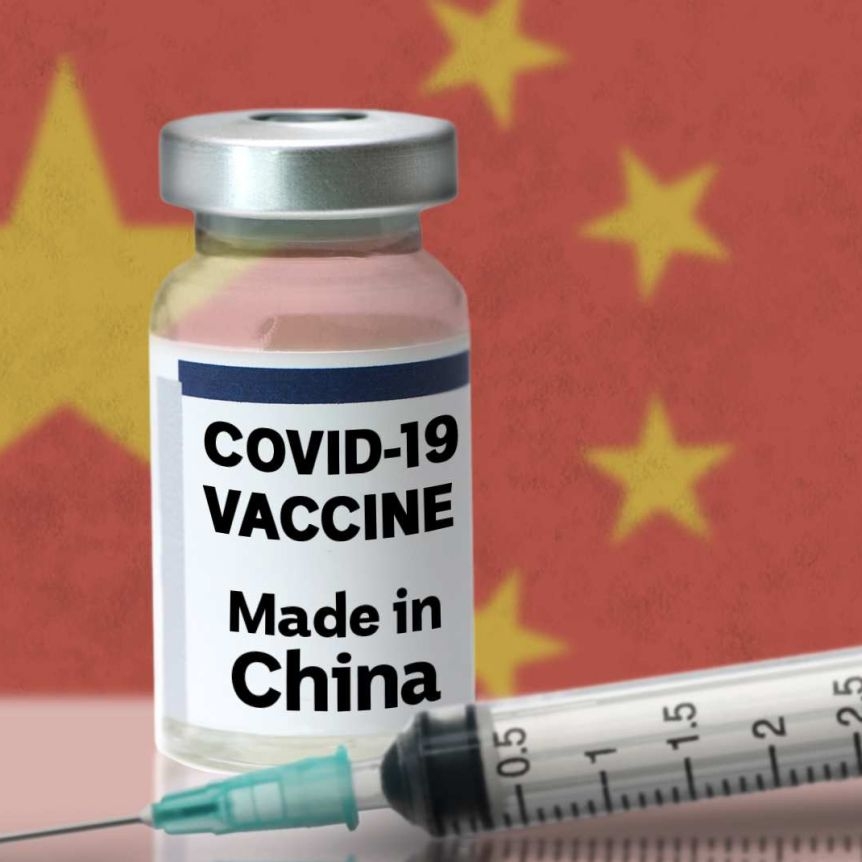 |
| COVID-19 vaccine made in China. Photo: ABC |
The United Arab Emirates approved the Chinese drugmaker Sinopharm’s COVID-19 vaccine candidate, the country’s Ministry of Health and Prevention (MOHAP) announced Dec. 9.
According to the official press release, this vaccine has been granted emergency use authorization in the United Arab Emirates (UAE) since September to “protect frontline workers most at risk of COVID-19.” Sinopharm and the UAE have yet to release detailed data on a phase 3 trial of 31,000 participants to be widely verified by independent experts.
However, MOHAP and the Department of Health Abu Dhabi have reviewed an interim analysis of Sinopharm’s phase 3 trials, the ministry said in a statement. The data “shows Beijing Institute of Biological Product’s inactivated vaccine to have 86 percent efficacy against COVID-19 infection,” MOHAP said.
The UAE also said it’s conducting a post-authorization safety study (PASS) and a post-authorization efficacy study (PAES) of its emergency use authorization program. These ongoing studies “show similar safety and efficacy profiles as the interim analysis.”
Officials claim the vaccine is 100% effective in preventing COVID-19
The analysis shows the vaccine to have a “99 percent seroconversion rate of neutralizing antibody and 100 percent effectiveness in preventing moderate and severe cases of the disease,” MOHAP said. The ministry also said that the analysis shows no serious safety concerns, as said by Healthline.
However, it’s unclear without more information on how the vaccine can be both 100 percent and 86 percent effective at preventing disease.
So far, almost 100,000 people across the UAE have received the vaccine as part of a voluntary program, Jamal Al Kaabi, a top UAE health official, told CNN.
This isn’t the only vaccine candidate coming from China. Another vaccine developed by drugmaker Sinovac appears to be safe and stimulate a rapid immune response, according to early-stage clinical trials published in The Lancet Infectious Diseases medical journal.
Sinopharm vaccine relies on older technology
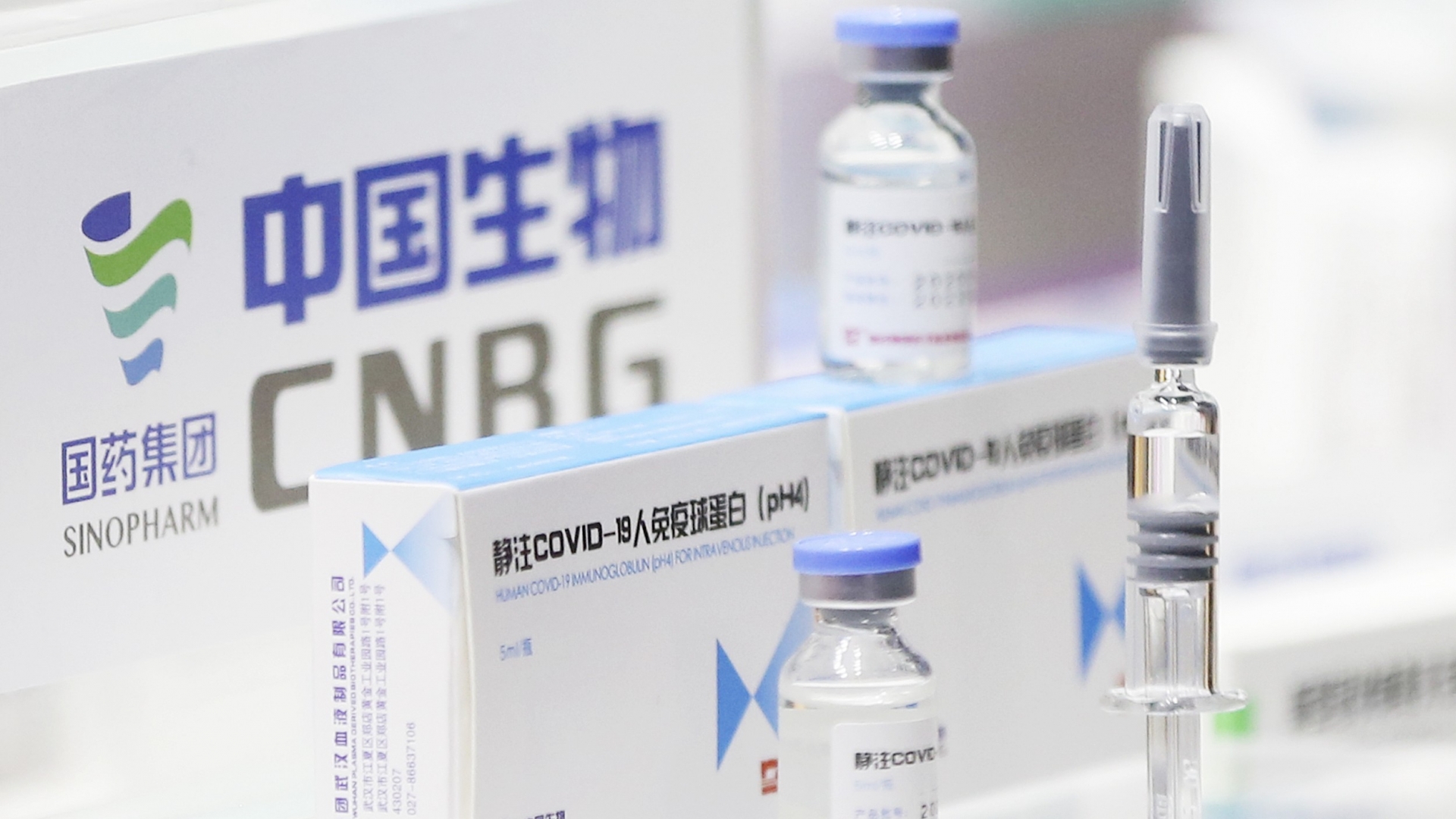 |
| Photo: CGTN |
With the development of Pfizer’s COVID-19 vaccine, there are now three technologies that are being studied to see if they produce effective virus vaccines.
According to the Centers for Disease Control and Prevention (CDC), these are:
Inactivated virus vaccines, which use a weakened form of disease virus to stimulate the body’s immune response. Sinopharm’s vaccine uses this technology.
Weakened virus vaccines, which contain a version of the living virus that has been weakened so that it doesn’t cause serious disease in people with healthy immune systems.
mRNA vaccines, which use part of the virus’ genetic information to teach our immune systems to produce certain antibodiesTrusted Source. Pfizer’s and Moderna’s vaccines use this technology.
“mRNA is a portion of virus genetic information,” Dr. Len Horovitz, a pulmonary specialist at Lenox Hill Hospital in New York, told Healthline. “Other vaccines use a ‘crippled’ form of a whole virus to stimulate immunity like MMR [measles vaccine], flu [influenza].”
According to Dr. James Elder, an internist at Texas Health Harris Methodist Hospital in Southwest Fort Worth, this new technology is actually decades old.
“This technology has actually been around since 1990,” he said. “The trial of the first mRNA product, which was not a human trial, was back in 1990, and showed some good efficacy.”
Elder said that in the early ’90s, a group of researchers used the same technology for a specific purpose and were able to demonstrate that “this technology was efficacious for the purposes that it was designed for.”
How do the vaccine types compare?
According to a 2019 study, while vaccines that use a weakened (or dead) version of the virus have provided enormous benefits in saving lives, this technology had significant drawbacks in the past.
These include “the potential to cause disease in immuno-compromised individuals and the possibility of reversion to a virulent form,” the study authors said.
Without more information, the risks and benefits of taking the Chinese vaccine remain unclear.
On the other hand, vaccination with “non-viral delivered nucleic acid-based vaccines [mRNA] mimics infection or immunization with live microorganisms,” while stimulating a potent antibody immune response, according to the study.
The study also found that manufacturing the new type of vaccine is safe and time-saving. It also eliminates the dangers associated with the growing amount of dangerous pathogens and the need to produce vaccines at the scale needed to supply large populations.
There’s also “less risk from contamination with live infectious reagents and the release of dangerous pathogens,” the research said.
The most significant difference between the older vaccine technologies and mRNA vaccines is the need to keep drugs such as Pfizer’s vaccine at extremely low temperatures during storage and transport.
This creates difficulties for developing countries that may not have the required facilities.
China 'preparing' to mass-produce COVID-19 vaccines
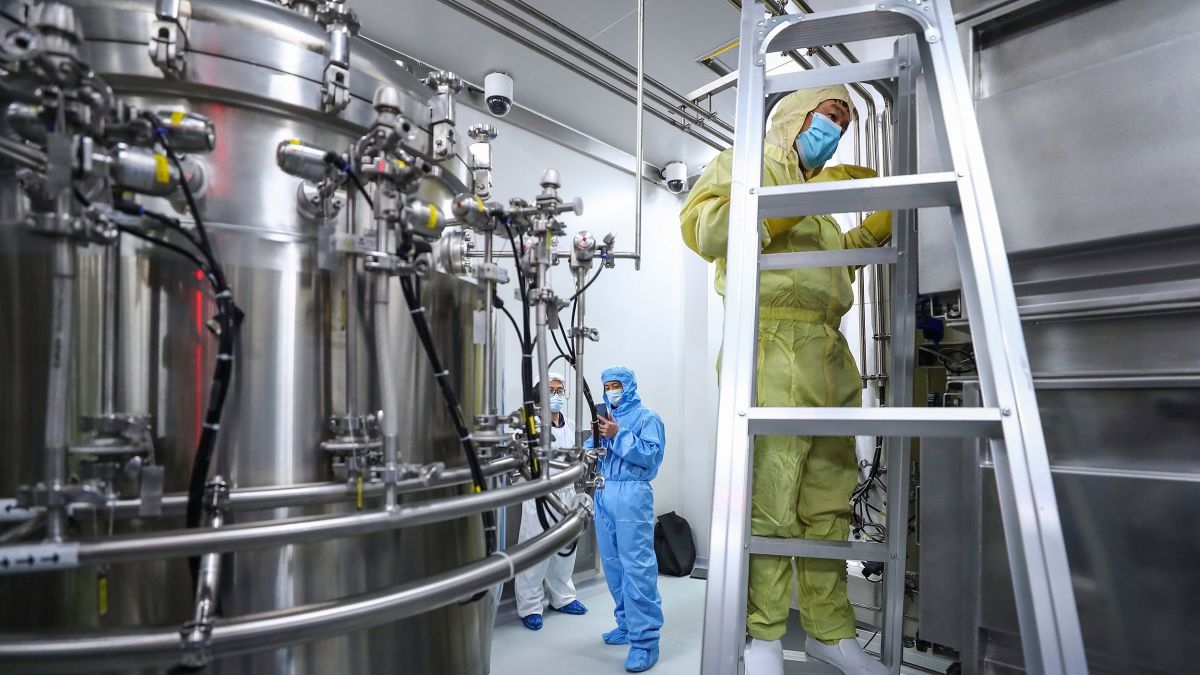 |
| China is preparing for mass production of its vaccine candidates undergoing final-stage clinical trials. Photo: CNN |
China, which granted emergency use of its COVID-19 vaccines in June, is making huge strides in their development. According to Zheng Zhongwei, the country has entered the "final sprint," with 15 vaccines undergoing clinical trials, of which five are in their phase 3 stage, according to AA.
“Since the epidemic has been effectively controlled in China, the country does not have the conditions to carry out phase 3 clinical trials. These are being carried out overseas," he told Xinhua news agency.
The vaccines in phase 3 clinical trials include two candidates by Sinopharm and Sinovac.
Zheng said the studies are undergoing “scientific reviews and approval in strict accordance with laws, regulations and internationally recognized technical standards to ensure the vaccines are safe, effective and can stand the test of time.”
While Indonesia received the first batch of Sinovac vaccines earlier this month, Bahrain and the United Arab Emirates have approved the Sinopharm COVID-19 vaccine. Turkey, Brazil and Singapore have also signed advanced purchase agreements with Sinovac.
This comes as a team of the World Health Organization plans to travel to Wuhan, China, where the novel virus was first detected last December.
"Cooperation is progressing smoothly. China is ready to strengthen cooperation with the WHO to advance the global work on hunting the virus' origin," the spokesman said.
Fabian Leendertz, a member of the WHO’s 10-member team, told the state-run Global Times newspaper that team members “may go to China and will visit Wuhan, although detailed arrangements such as specific dates, an exact plan and whether they will visit more Chinese cities are being discussed.
| China’s need to both develop and introduce a COVID-19 vaccine has differed from other countries as it has effectively halted the spread of the virus. Although borders are only partially open, and international travel seriously restricted, the Chinese government has been able to get an early handle on the pandemic and has consequently been able to take its time over vaccine development. This contrasts with Russia, which has been criticized in the West for rushing vaccines into development without adequate testing. While outbreaks still occur – most recently in Inner Mongolia – population control and swift lockdowns to prevent mass spreading has worked. This means that other countries have rapidly overtaken China in numbers of cases and have a higher need for a vaccine. This does not mean that China hasn’t been busy with producing a vaccine; it just means that it has been able to be more precise about it. Four main producers are in the race in China – CanSino based in Tianjin, CNBG of Wuhan, Beijing’s Sinovac, and ZFLongkema based in Anhui. |
Calling the world to look to China for its coronavirus vaccines and ignore the alternatives
Under the headline “Hard to beat COVID-19 without China’s vaccine,” an opinion piece carried in the state-run Global Times set out just why Beijing believes the world should be beating a path to the vaccines developed by its own SinoVac, according to Breitbart news.
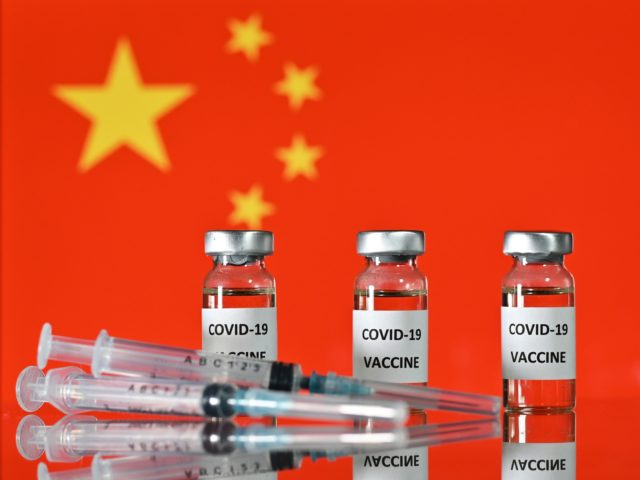 |
| JUSTIN TALLIS/AFP via Getty. |
| It also admonished those in the Western media who focused “on hyping up questions about transparency” rather than just implicitly trusting those the CCP has endorsed. After dismissing the “weaknesses” of U.S. developed alternatives, it stated: * SinoVac’s inactivated COVID-19 vaccine is safe and can be stored at a standard refrigerator temperature. It is cheap, which is especially suitable for use in developing countries. But these advantages are often ignored in Western public opinion fields or played down as merely background information. * SinoVac’s vaccine is to be promoted globally. Therefore, its international reputation is crucial. US and Western media outlets obviously hold an unfriendly stance and attitude toward Chinese vaccines. They question them rather than clarifying their strong points amid the current urgent pandemic situation. Fortunately, there have been no cases of severe accidents in the clinical trials of Chinese vaccines, despite challenges of trials in foreign countries amid the pandemic. Western public opinion will not treat Chinese vaccines in the same way they reported on side effects from Pfizer’s vaccine. |
The Global Times piece takes specific aim at the vaccine developed by the Pfizer company, then returns to the theme that China must be trusted, because “U.S. and Western media outlets obviously hold an unfriendly stance and attitude toward Chinese vaccines. They question them rather than clarifying their strong points amid the current urgent pandemic situation.”
The editorial ends with this self-endorsement:
The most important thing for humanity is to get through this immediate crisis. The positive role that Chinese vaccines can play and the contributions they can make are obvious to all. It is believed that the strengths of each vaccine working together will make vigorous efforts to turn the tide, rather than their weaknesses will shape our future.
Despite the proud boasts of China, there is no shortage of critics who say it is simply trying to turn a crisis into an economic opportunity.
Past scandals have damaged its own citizens’ trust in its vaccines, with manufacturing and supply chain problems casting doubt on whether it can really be a savior, as AP reports.
“A question mark remains over how China can ensure the delivery of reliable vaccines,” said Joy Zhang, a professor who studies the ethics of emerging science at the University of Kent in Britain.
She cited China’s “non-transparency over scientific data and a troubled history with vaccine delivery,” even as the CCP authorized the importation of the Pfizer partner BioNTech’s vaccine it dismissed.
For more updates on COVID-19 vaccines, please check out our KnowInsider!
|
India Covid-19 Vaccine Update: Union Health Minister Harsh Vardhan said 400-500 million doses of COVID-19 vaccines were estimated to be made available for 250 ... |
|
Dexamethasone is a corticosteroid used in a wide range of conditions for its anti-inflammatory and immunosuppressant effects. What does it have to do with COVID-19 ... |
|
Thousands of people in China including healthcare workers and others deemed to be at risk have been given the experimental vaccines. Three city governments have ... |

